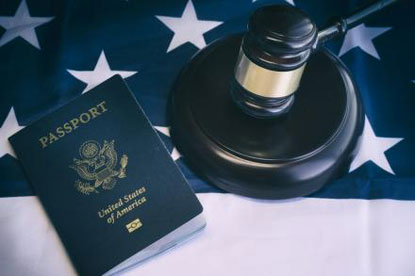Summary: State lawyers and the US Supreme Court made it clear in the dismissal of Zink’s appeals that citing Breyer’s dissent wasn’t a valid argument to be saved from the death penalty.
David Zink’s final chance to appeal his death sentence was turned down by the U.S. Supreme Court Tuesday night. His execution was at 6 pm. Zink was found guilty for abducting, sexually assaulting and murdering a 19-year-old woman in 2001. Missouri Governor Jay Nixon turned down his request for clemency as well. The Supreme Court did not comment or dissent on the multiple appeals from his lawyers, Elizabeth Carlyle and Richard Sindel.
His lawyers had tried to get U.S. Supreme Court Justice Stephen Breyer on their side after he dissented the recent death penalty ruling. Breyer views the death penalty as unconstitutional because there is no way of knowing how effective the lethal injection drugs are at preventing the individual from feeling pain.
In the Glossip v. Gross ruling, the U.S. Supreme Court ruled 5-4 in favor of the using the drugs for lethal injections and thus making the death penalty being constitutional. Breyer’s dissent included the factors of long delay, arbitrariness, and the possibility of innocence in some that have been executed as reasons that the death penalty violates the Eighth Amendment.
In the petition, Carlyle wrote “The death penalty has become a source of error and bias. It is time to end ‘tinkering with the machinery of death’ and declare it unconstitutional once and for all.”
Missouri Attorney General Chris Koster urged the Supreme Court to reject Zink’s appeal in a brief he filed Tuesday morning. He stated in the brief that “If Zink really believed the Glossip would impact the outcome of his case, he would have filed his motion two weeks ago when Glossip was decided.”
Photo: cnn.com







































